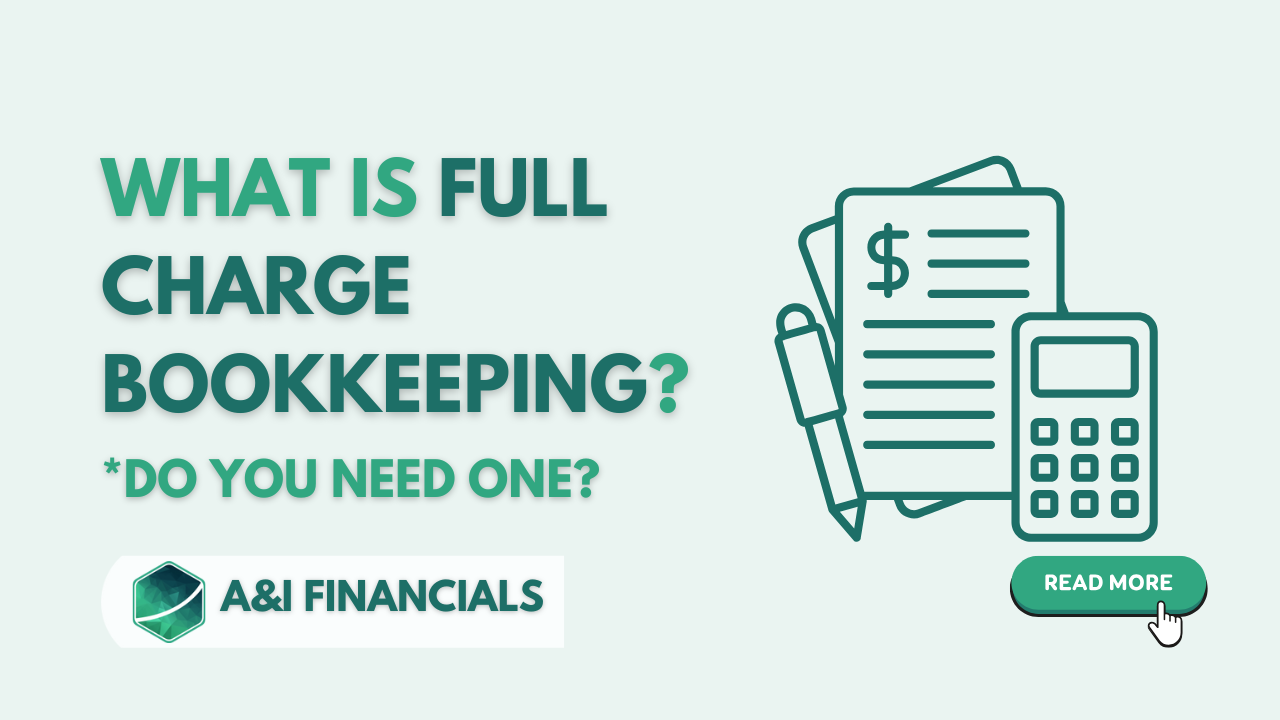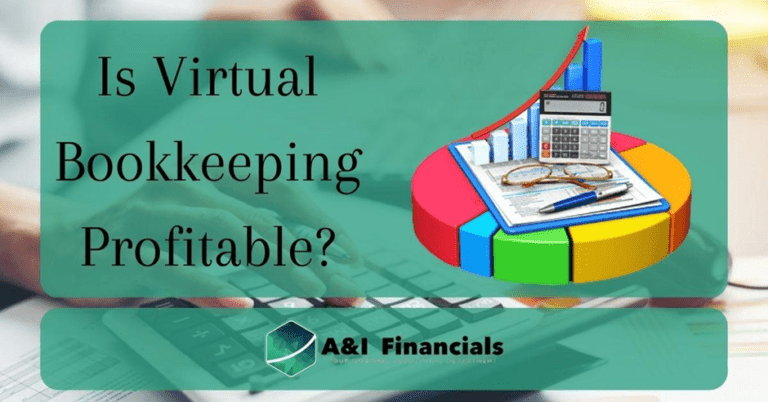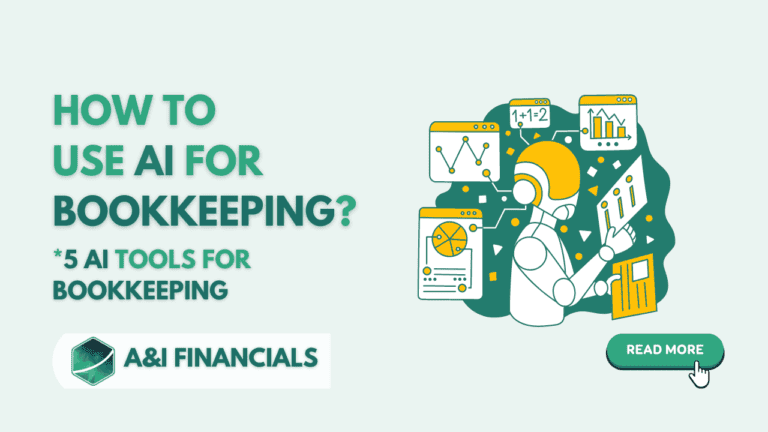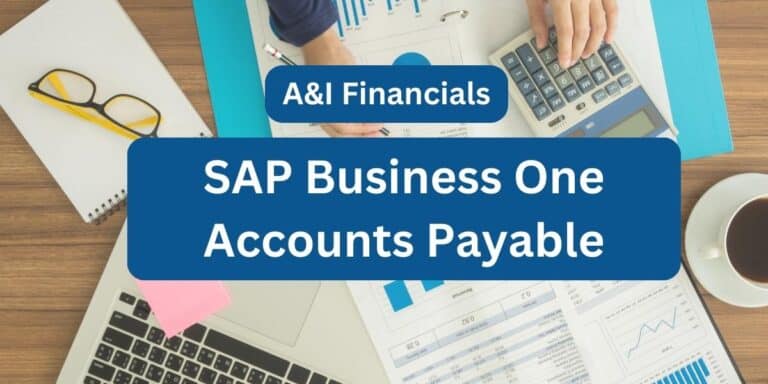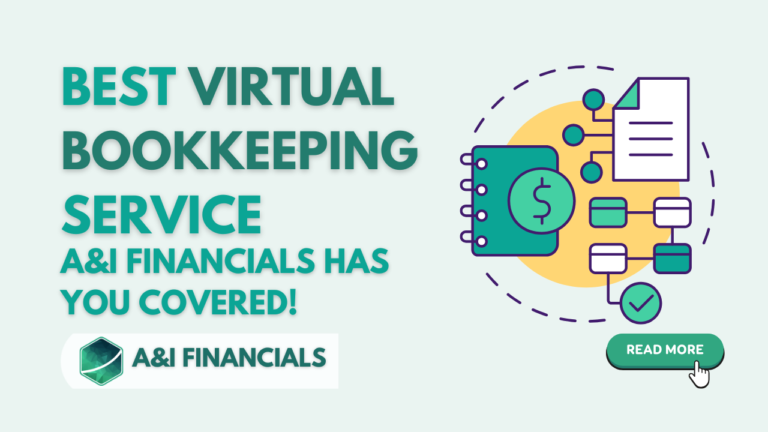What is Full Charge Bookkeeping? Do You Need One?
If you’ve ever wondered, “What is full charge bookkeeping?” here’s the quick answer: it’s a comprehensive approach to managing all aspects of a business’s financial records. Unlike regular bookkeeping, full charge bookkeeping involves handling every step in the accounting cycle, from recording transactions to preparing financial statements. It’s like having your financial superhero—someone who doesn’t just log numbers but ensures the entire financial ship stays afloat.
Now, let’s dive deeper into the nuts and bolts of this essential role, its importance, and why it could be a game-changer for your business.
Why Full Charge Bookkeeping Matters
Managing business finances isn’t just about keeping records—it’s about understanding and leveraging them to make smarter decisions. A full charge bookkeeper takes on the entire cycle of accounting duties, freeing small business owners from juggling numbers while running their operations. Think of them as a one-person accounting department, skilled in handling everything from accounts payable to payroll processing.
Key Reasons to Hire a Full Charge Bookkeeper:
- Oversee financial transactions, ensuring accuracy and compliance.
- Manage accounts payable and receivable, keeping cash flow steady.
- Prepare financial statements and tax returns for better business insights.
- Use accounting software to streamline processes and improve efficiency.
What Does a Full Charge Bookkeeper Do?
At its core, the full charge bookkeeper role combines bookkeeping and accounting. They’re more than someone who tracks expenses; they handle tasks that are traditionally split between a regular bookkeeper and a payroll clerk or certified public accountant.
Responsibilities of a Full Charge Bookkeeper
Here’s a snapshot of their day-to-day tasks:
- Financial Transactions
- Recording every transaction, ensuring the general ledger is accurate.
- Categorizing income and expenses to create clear financial reports.
- Accounts Payable and Receivable
- Managing vendor invoices, payments, and client billing.
- Keeping track of overdue payments to avoid cash flow hiccups.
- Processing Payroll
- Ensuring employees get paid on time and taxes are withheld correctly.
- Coordinating with payroll clerks or handling payroll software directly.
- Prepare Financial Statements and Tax Returns
- Creating profit and loss statements, balance sheets, and cash flow reports.
- Assisting certified public accountants during tax season.
- Cycle of Accounting Duties
- Reconciling accounts monthly to ensure no discrepancies.
- Handling end-of-year closing activities for clean financial records.
How They Differ From Regular Bookkeepers
Regular bookkeeping focuses on basic data entry and tracking. A full charge bookkeeper, however, dives into advanced tasks, like financial forecasting and tax preparation. They bridge the gap between bookkeeping services and professional accounting.
Skills and Qualifications of a Full Charge Bookkeeper
Becoming a full charge bookkeeper isn’t just about crunching numbers. It requires a unique skill set and, often, certifications.
Essential Skills
- Attention to Detail: To avoid errors in financial records.
- Problem-Solving Abilities: To resolve discrepancies in accounts.
- Tech-Savvy: Proficiency with accounting software like QuickBooks or Xero.
- Understanding of Tax Laws: To ensure compliance with local and federal regulations.
Certifications
Many full charge bookkeepers pursue certifications to enhance their expertise:
- Certified Bookkeeper: Offered by the American Institute of Professional Bookkeepers.
- Certified Public Accountant (CPA): While not required, this can elevate their credibility.
Full Charge Bookkeepers’ Salaries: What to Expect
The salary of a full charge bookkeeper can vary depending on experience, location, and the size of the business.
On average:
- Entry-level positions may start around $40,000 annually.
- Experienced bookkeepers with certifications can earn upwards of $60,000.
- Salaries may be higher in industries requiring specialized knowledge.
Benefits of Hiring a Full Charge Bookkeeper
For small business owners, hiring a full charge bookkeeper can feel like having an extra set of hands and a sharp mind working together. Here’s why:
- Time-Saving
- They handle bookkeeping and accounting duties so you can focus on growth.
- Cost-Effective
- Hiring one professional instead of multiple specialists reduces payroll costs.
- Better Financial Insights
- With accurate financial statements, you can make informed decisions.
- Tax-Ready Records
- No more scrambling during tax season. A full charge bookkeeper ensures your financials are always up to date.
How to Hire a Full Charge Bookkeeper
Finding the right person for this crucial role requires some research. Here’s how you can cover your bases:
Steps to Hire a Full Charge Bookkeeper
- Define Your Needs
- Do you need someone part-time or full-time? Is remote work an option?
- Look for Certifications
- Check for credentials from the Institute of Professional Bookkeepers or equivalent.
- Evaluate Experience
- Ensure they’ve handled tasks like processing payroll and preparing tax returns.
- Test Their Skills
- Request examples of financial statements or conduct a small bookkeeping trial.
- Consider Accounting Software Knowledge
- Proficiency in tools like QuickBooks, Xero, or similar platforms is a must.
Hire A Full Charge Bookkeeper From A&I Financials For Your Business
Hire a full charge bookkeeper from A&I Financials to make managing your business finances easy. With 7 years of experience, we handle everything from payroll to tax-ready statements, so you don’t have to worry. We focus on keeping your books accurate and organized, giving you more time to grow your business. Let us take the stress out of bookkeeping and help you stay on top of your finances. Get started with A&I Financials today!
Tools and Technology in Full Charge Bookkeeping
Modern bookkeeping is no longer about spreadsheets and calculators. Full charge bookkeepers rely on accounting software to simplify complex tasks.
Popular Accounting Tools
- QuickBooks: Ideal for small businesses with its user-friendly interface.
- Xero: Known for its seamless integrations and real-time updates.
- Wave Accounting: A free option for startups and small businesses.
Common Challenges in Full Charge Bookkeeping
Like any profession, this role comes with its hurdles. Some challenges include:
- Keeping Up with Tax Laws: Regulations change frequently, requiring constant learning.
- Handling High Volumes of Data: Accuracy is critical when managing multiple accounts.
- Managing Stress: Balancing a wide range of duties can be demanding.
Despite these challenges, the rewards of ensuring smooth financial operations outweigh the difficulties.
Who Needs Full Charge Bookkeeping?
Full charge bookkeeping isn’t just for large corporations. It’s a valuable asset for:
- Small Business Owners
- They often lack the time to manage finances independently.
- Startups
- To establish a solid financial foundation from the beginning.
- Mid-Sized Companies
- To maintain accurate records as they scale operations.
Why Full Charge Bookkeeping Is the Future
As businesses grow, so does the need for more comprehensive financial management. Full charge bookkeepers bring a unique blend of skills and tools that regular bookkeeping cannot offer.
The Growing Demand
- The shift towards remote work has opened opportunities for bookkeepers globally.
- Advanced accounting software enables full charge bookkeepers to manage finances efficiently.
Conclusion
So, what is full charge bookkeeping? It’s the cornerstone of sound financial management for businesses of all sizes. From recording financial transactions to preparing reports and ensuring compliance, a full charge bookkeeper does it all.
If you’re a small business owner looking to simplify your financial life, hiring a full charge bookkeeper could be the smartest move. Not only will they save you time and stress, but they’ll also set your business up for long-term success. Ready to take the leap? Your financial superhero awaits.
